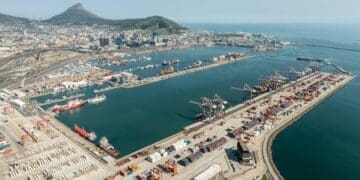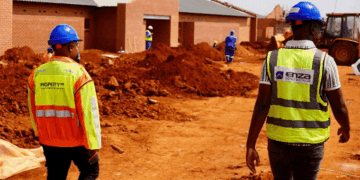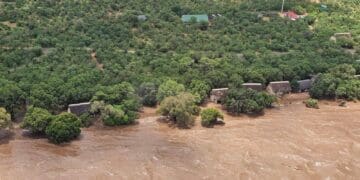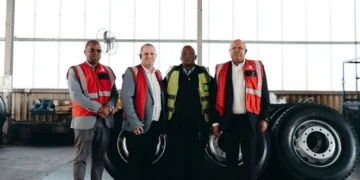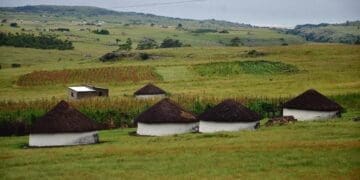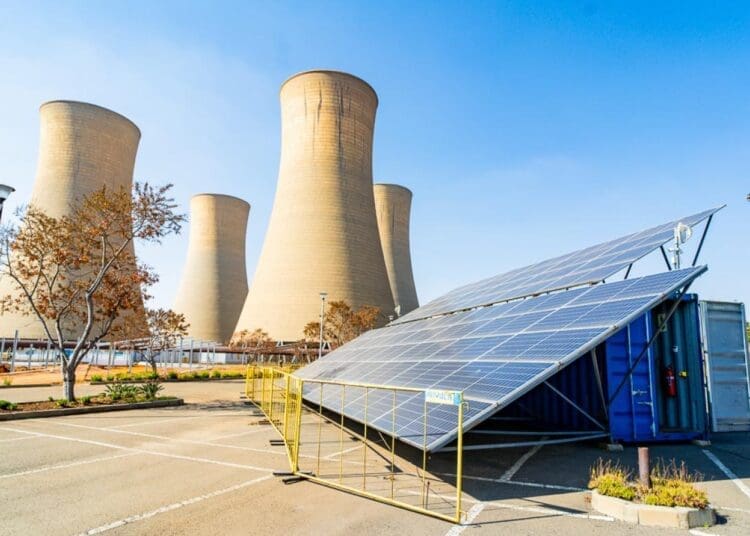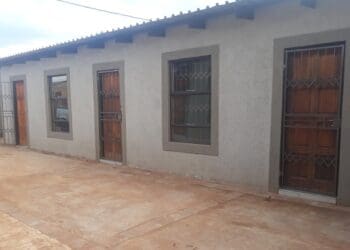Mpumalanga, a province long associated with coal and heavy industry, is stepping into a new era of energy innovation. The Kinetiko Energy Ltd gas project near Amersfoort is positioning the province at the heart of the country’s just energy transition.
The initiative, which focuses on developing natural‑gas reserves, is expected to reduce the country’s heavy dependence on coal while driving local economic growth. It forms part of broader national efforts to diversify South Africa’s energy mix and build a more sustainable, secure energy future.
According to Kinetiko Energy Ltd, the development will strengthen domestic energy security by supplying cleaner, more reliable power to industries and households.
Mpumalanga has historically been a coal stronghold, hosting some of Eskom’s largest power stations. But with global and national pressure mounting to shift to cleaner energy sources, the province is transforming itself into a hub for renewable and alternative energy investments.
MEC for Economic Development and Tourism, Jesta Sidell, said the Kinetiko Gas project represents a game‑changer.
“It is a testament to the fact that Mpumalanga is not just adapting to the just energy transition, we are actively leading it. This onshore‑gas initiative, in partnership with the IDC, is set to unlock significant domestic energy security and power the industrial growth of this district and the entire province. This project is more than just infrastructure; it is an investment in our people. It promises job creation, skills development, and the stimulation of local economic activity in communities that deserve to be at the forefront of this new economic chapter,” said Sidell.
Mpumalanga Economic Growth Forum chairperson, Themba Ndlovu said the initiative is not just an energy project, it’s an economic opportunity.
“Communities around Amersfoort stand to benefit through job creation, skills development and the growth of new industries linked to the gas value chain,” said Ndlovu.
The gas development is expected to attract billions of rands in investment, creating both direct and indirect employment. Local businesses anticipate benefiting from procurement opportunities, while training programmes aim to equip residents with skills needed for work in the evolving energy sector.
Environmental experts have welcomed the project as a transitional step toward a lower‑carbon economy. While natural gas remains a fossil fuel, it emits significantly less carbon dioxide than coal and is viewed as a “bridge fuel” that can support South Africa’s decarbonisation goals.
According to the Council for Scientific and Industrial Research (CSIR), South Africa relies on coal for about 80 % of its electricity generation. Reducing this dependency through alternative energy sources such as gas, solar, and wind will be critical to achieving the country’s 2050 net‑zero commitments.
The Kinetiko Gas Project aligns with government strategies under the Just Energy Transition Investment Plan (JET‑IP), which seeks to ensure that coal‑dependent communities are not left behind in the shift to green energy.
For many residents of Amersfoort and surrounding towns, the development represents hope for economic revival in a region often plagued by high unemployment rates and environmental degradation
jannifer@vutivibusiness.co.za




